(Ontario Premier Doug Ford during his election victory June 7, 2018. Photo: Doug Ford Twitter)
Ontario Premier Doug Ford is turning back the clock on Indigenous relations, say First Nation leaders critical of his new cabinet choice.
The Progressive Conservative cabinet, unveiled during a swearing-in ceremony on Friday, includes a slimmed-down executive council of 21 ministers.
But not one of them is solely responsible for overseeing the government’s relationship with Indigenous people.
Minister Greg Rickford is responsible for Indigenous affairs, as well as energy, northern development and mines, a massive portfolio on its own.
It’s not unusual for one minister to oversee two portfolios, but some fear this move could water down the government’s relations with Indigenous people.
“It’s back to the old days,” says Hayden King, executive director of Yellowhead Institute, Ryerson University’s Indigenous think tank.
He says Rickford’s new role poses a potential conflict of interest, as Indigenous people have a historically fraught relationship with mining industries.
“The minister is going to be in this very awkward position of having to manage this conflict and whose interests he or she is going to bring to the cabinet table,” he says.
Alvin Fiddler, Grand Chief of the Nishnawbe Aski Nation (NAN), which represents 49 First Nation communities in northern Ontario, says this sends a “clear signal that improving relations with Indigenous Peoples is not a priority for the Ford government.”
“It is difficult to see how progress can continue to be made when our interests are reduced to only be of importance insofar as they relate to the government’s ability to access the resources within our lands,” he says in a press release.
During the election campaign, Ford said he would push for mining the Ring of Fire, a chromite-rich area almost 500 kilometres northeast of Thunder Bay, even if it meant driving the bulldozer himself.
Ford has also said he plans to create a revenue-sharing stream for First Nations to benefit from resource development.
Critics say Ford’s new cabinet contravenes recommendations from the Ipperwash report – the result of an inquiry into activist Dudley George’s death in the 1995 land dispute between the Ontario government and First Nations – which state the ministry should be a standalone entity.
But the Ford government says Indigenous affairs is still a standalone ministry – albeit one that’s coupled with another portfolio.
In 2016, under former premier Kathleen Wynne, the Aboriginal Affairs ministry was renamed the Ministry of Indigenous Relations and Reconciliation with David Zimmer as the sole minister responsible.
Rickford has previous experience in Indigenous relations, as the former parliamentary secretary to the minister of Aboriginal and Northern Affairs under the Stephen Harper government. He also represents the riding of Kenora-Rainy River and has worked as a nurse and lawyer in Ontario First Nation communities.
In an online statement, new Ontario Regional Chief RoseAnne Archibald says she’s “disappointed” there’s no longer a minister of Indigenous relations and reconciliation, but she’s “heartened” that Rickford is overseeing the new portfolio.
“As the MPP for Kenora—Rainy River, Minister Rickford is by far the best choice to work with our Peoples,” she says, “and has a deep knowledge and understanding of our Peoples and the issues.”




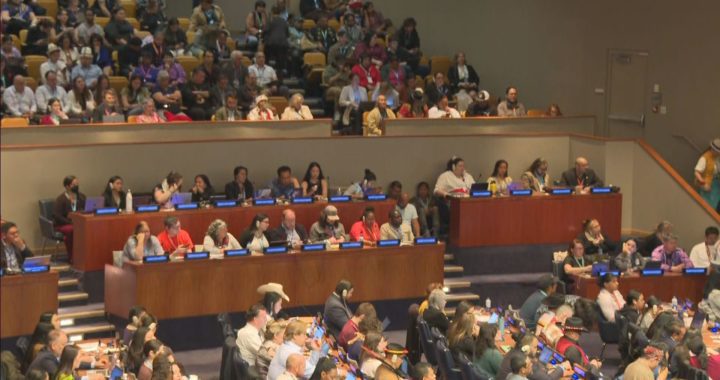
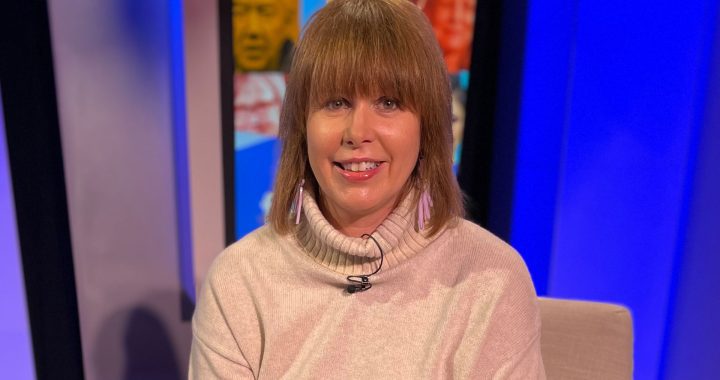
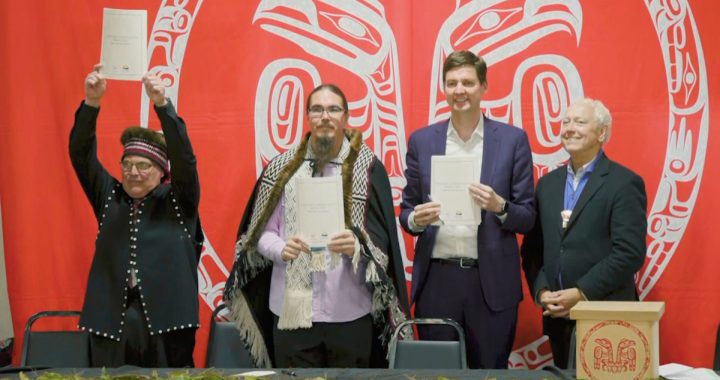
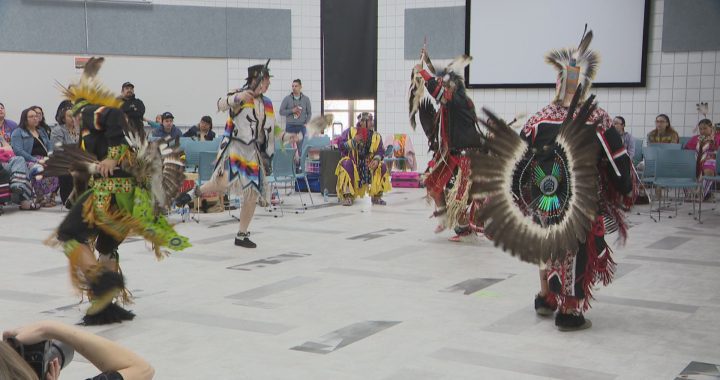
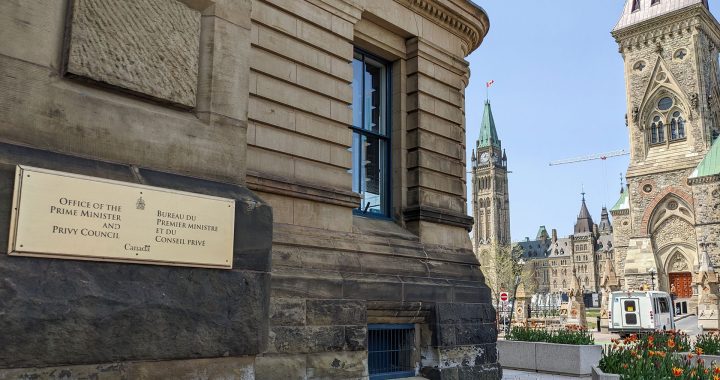
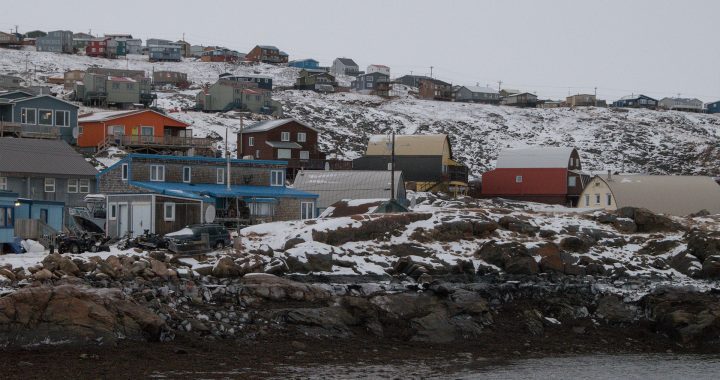
These leaders worried that they are not included in Ford government, yet these same leaders are not worried of oppression of women, “exclusion culture” within NAN communities.
I have been trying to rise awareness about oppression of women, protection of perpetrators, and “exclusion culture” in NAN communities, but it doesn’t seem to be a priority for First Nation people or to the Leaders. Now these same people and leaders are complaining that they are not included in the FORD government.
These leaders worried that they are not included in Ford government, yet these same leaders are not worried of oppression of women, “exclusion culture” within NAN communities.
I have been trying to rise awareness about oppression of women, protection of perpetrators, and “exclusion culture” in NAN communities, but it doesn’t seem to be a priority for First Nation people or to the Leaders. Now these same people and leaders are complaining that they are not included in the FORD government.